Based on good responses and comments on LinkedIn and our site, we went back to our 2006 contributions to the Journal of Healthcare Risk Management, Monograph, Volume 26, Issue 2 to review those comments relative to the Religion and the end of Life.
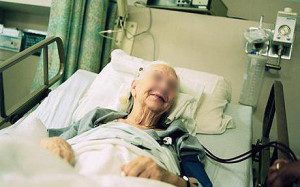 Although, there was no real mention of religion in the Monograph article, the DHHS article cited definitely seemed to set the stage for an assault on religion at the end of life for the faithful. The quote taken from the monograph article clearly shows that hard choices at the end of life , regardless of whether religion is involved or not, still have to be made and clarified as Healthcare Reform rolls out to the 10,000 per day that join the ranks of Medicare recipients in the United States.
Although, there was no real mention of religion in the Monograph article, the DHHS article cited definitely seemed to set the stage for an assault on religion at the end of life for the faithful. The quote taken from the monograph article clearly shows that hard choices at the end of life , regardless of whether religion is involved or not, still have to be made and clarified as Healthcare Reform rolls out to the 10,000 per day that join the ranks of Medicare recipients in the United States.
FUTURE PERSPECTIVE – Monograph, Journal of Healthcare Risk Management,
Volume 26, Issue 2
“The 21st century promises to an aging population a new era of healthy living and longevity, improved lifestyles, effective advances in pharmaceuticals and technological advances in diagnosis and treatment for the future.
Accompanying these expectations are foreseeable conditions that may very well affect the realization of this potential. The extra-extraordinary growth in elder populations is expected to stress an already stretched healthcare system. Financing and servicing this growing demand will require some hard public policy decision making. Regulatory agencies may mandate strict compliance with physician-provided counseling on available patient choices dealing with Advance Directives, as well as other end-of-life and like procedures.
The growing prospect of an ever increasing hostile healthcare workplace; emerging infectious diseases, pandemics, lethal terrorist attacks, drug-resistant pathogens and more robust natural disasters will add unknown variables to future legal and ethical life-and-death decisions.
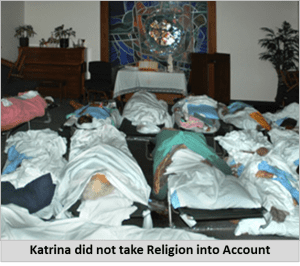 In the face of these challenges, Advanced Directives have the potential to provide useful guidance and direction to caregivers regarding patient preferences. Their execution may reduce the risk that either patients or caregivers will undergo needless stress from uninformed and controversial guesses regarding appropriate treatment that would likely be made in their absence.
In the face of these challenges, Advanced Directives have the potential to provide useful guidance and direction to caregivers regarding patient preferences. Their execution may reduce the risk that either patients or caregivers will undergo needless stress from uninformed and controversial guesses regarding appropriate treatment that would likely be made in their absence.
When potential patients and caregivers work together to formulate mutually accepted advance directives, the chances are increased that patients will receive adequate and appropriate care that incorporates the timeless values of comfort and dignity.â€
The issue of religion pales in comparison to the other issues foreseen in the Monograph Article, and the obvious lessons not learned by Katrina, Joplin and Sandy. Keeping this elderly population safe may become more important than keeping them alive.
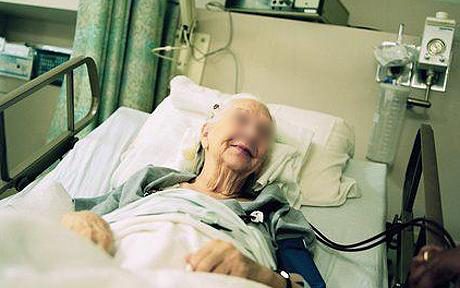

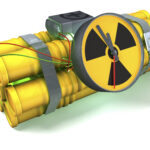

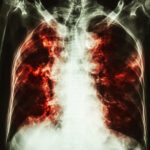
0 Comments